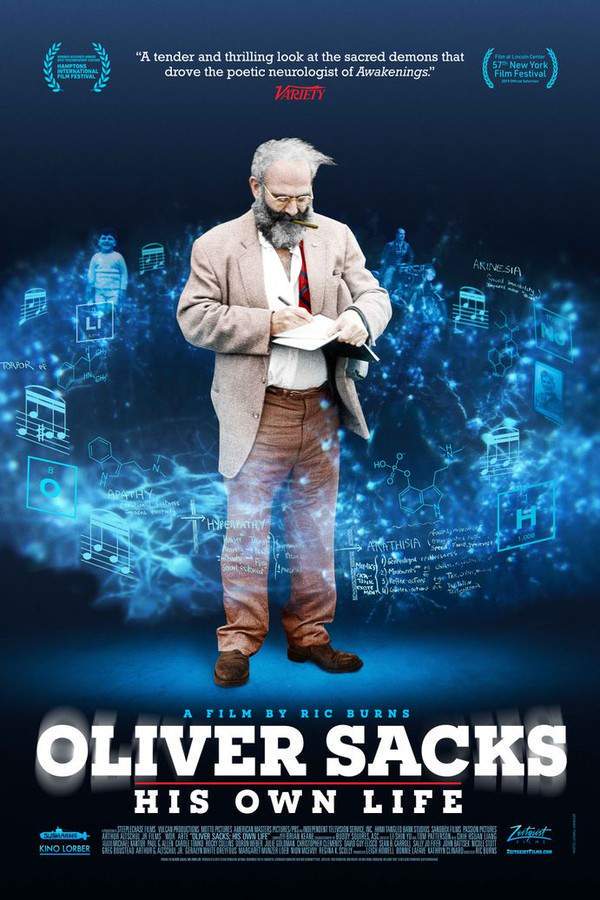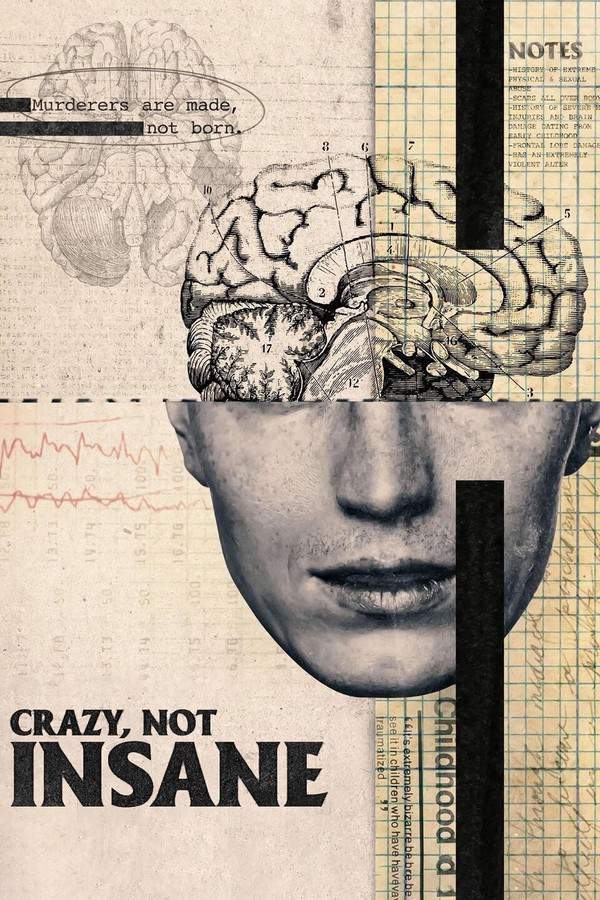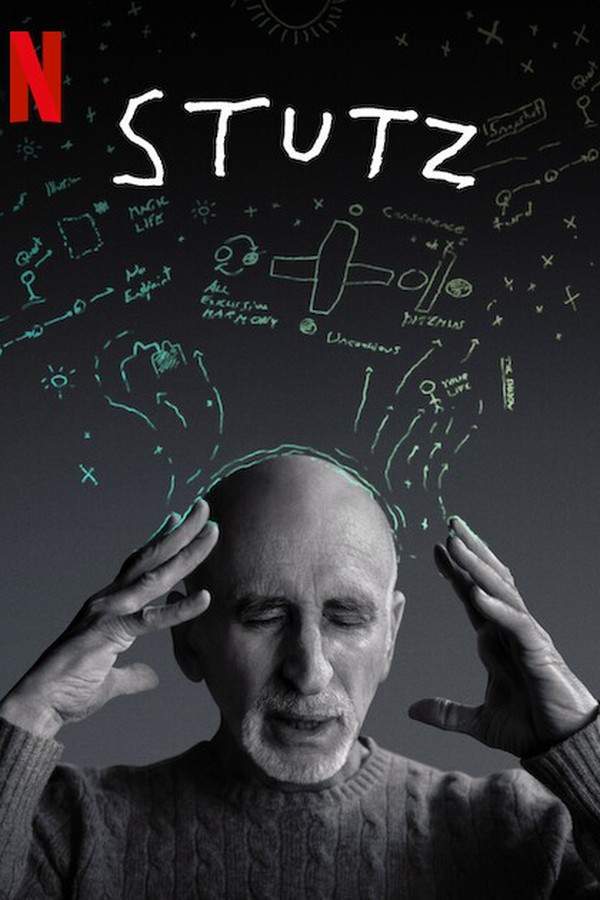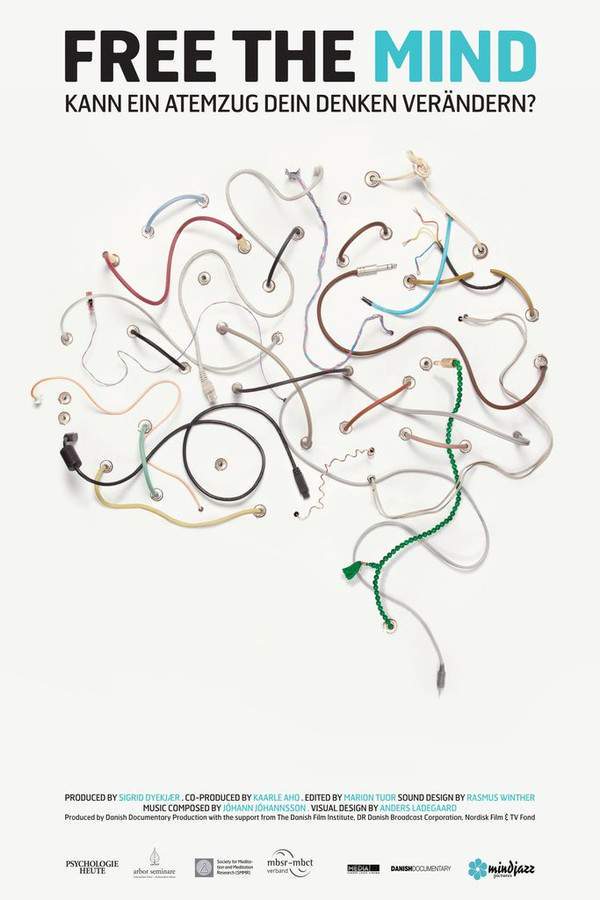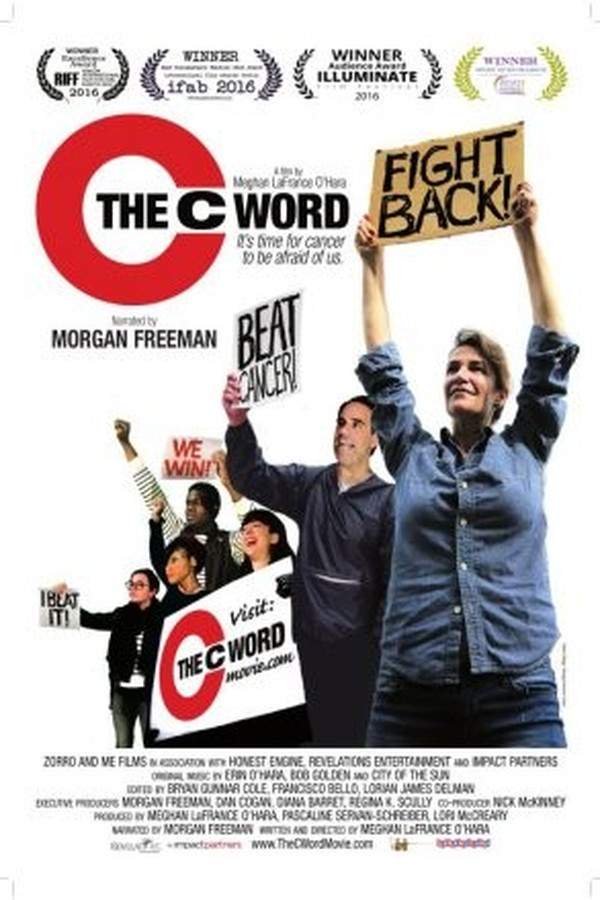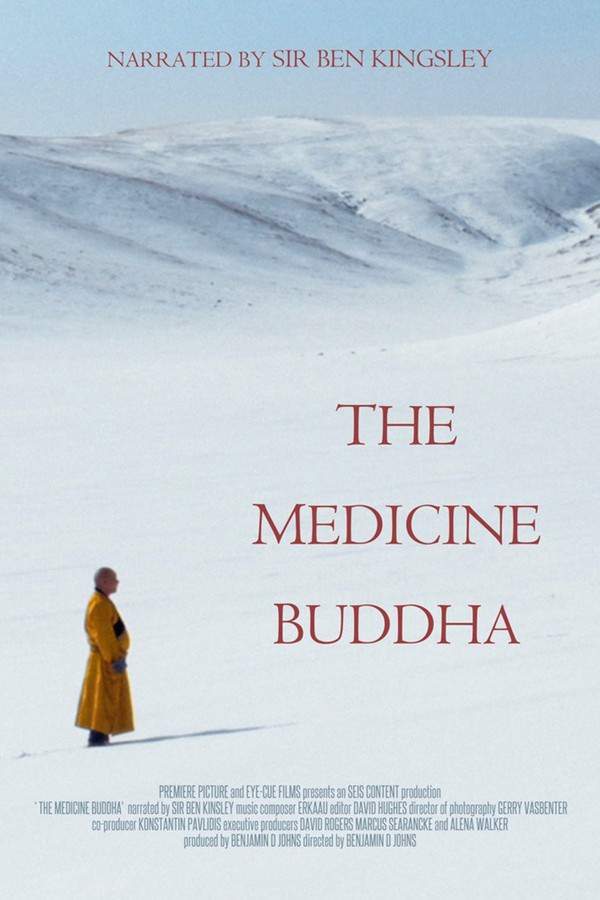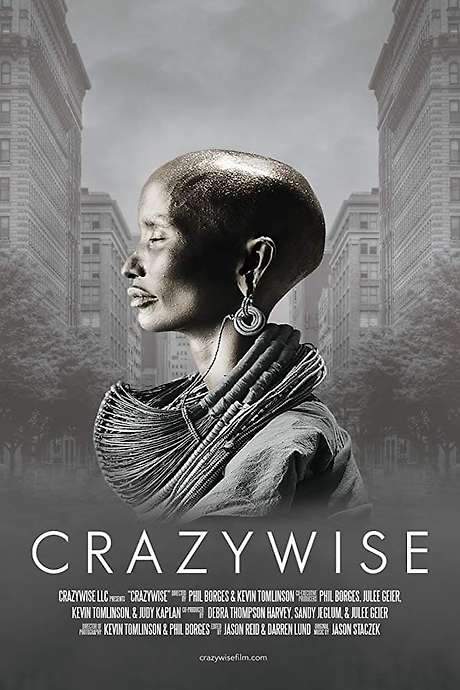Yalom's Cure 2016
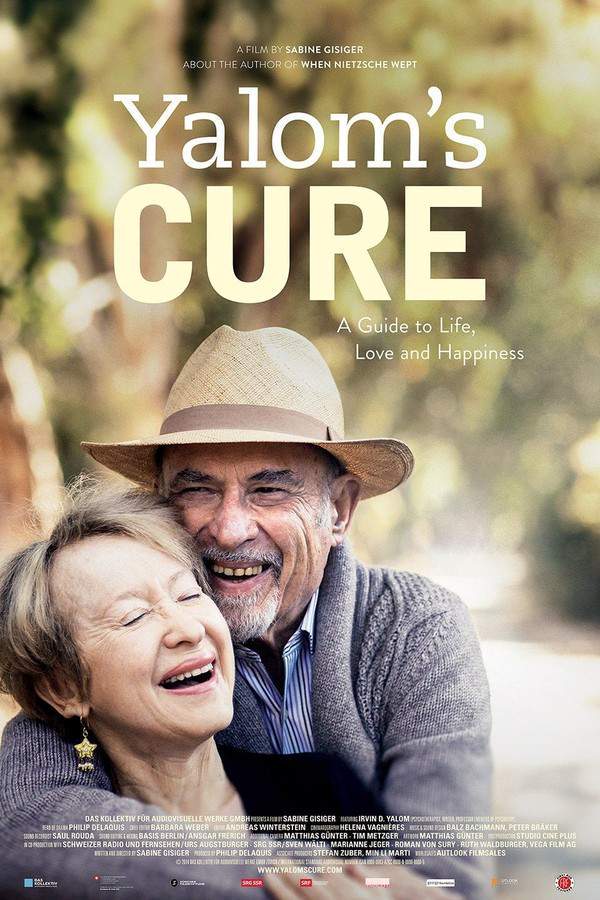
Esteemed psychotherapist Irvin D. Yalom invites viewers on a compelling journey into the human mind. This documentary explores his life's work and groundbreaking research, offering profound insights into the complexities of existence and reshaping our understanding of the psyche. Through intimate observations and compelling narratives, the film reveals the wisdom and innovative approaches that have made Yalom a leading figure in the field of psychotherapy.
Does Yalom's Cure have end credit scenes?
No!
Yalom's Cure does not have end credit scenes. You can leave when the credits roll.
Meet the Full Cast and Actors of Yalom's Cure
Explore the complete cast of Yalom's Cure, including both lead and supporting actors. Learn who plays each character, discover their past roles and achievements, and find out what makes this ensemble cast stand out in the world of film and television.
No actors found
External Links and Streaming Options
Discover where to watch Yalom's Cure online, including streaming platforms, rental options, and official sources. Compare reviews, ratings, and in-depth movie information across sites like IMDb, Wikipedia, Rotten Tomatoes or Metacritic.
Ratings and Reviews for Yalom's Cure
See how Yalom's Cure is rated across major platforms like IMDb, Metacritic, and TMDb. Compare audience scores and critic reviews to understand where Yalom's Cure stands among top-rated movies in its genre.

6.9 /10
IMDb Rating
Take the Ultimate Yalom's Cure Movie Quiz
Challenge your knowledge of Yalom's Cure with this fun and interactive movie quiz. Test yourself on key plot points, iconic characters, hidden details, and memorable moments to see how well you really know the film.
Exploring Yalom's Insights: Test your knowledge on the profound insights and experiences shared in the documentary 'Yalom's Cure'.
Who is the central figure in 'Yalom's Cure'?
Irvin D. Yalom
Carl Jung
Sigmund Freud
Brene Brown
Show hint
Full Plot Summary and Ending Explained for Yalom's Cure
Read the complete plot summary of Yalom's Cure, including all major events, twists, and the full ending explained in detail. Explore key characters, themes, hidden meanings, and everything you need to understand the story from beginning to end.
In the thought-provoking documentary Yalom’s Cure, viewers are invited on a deeply emotional journey into the human experience, unraveling the profound insights of acclaimed psychiatrist Irvin D. Yalom (1931-present) throughout his distinguished career. This cinematic exploration intricately weaves together a rich tapestry of memories, as Yalom shares his remarkable journey from modest beginnings to becoming one of the most influential psychotherapists in the United States.
Through a captivating array of flashbacks, highlighted by vintage photographs and Super 8 footage from his personal collection, the film traces Yalom’s evolution into a groundbreaking figure in existential psychotherapy. Re-enactments of therapy sessions serve to vividly depict the effectiveness of group therapy, a method he co-created with his colleagues.
As the director navigates through Yalom’s daily routine, engaging him in candid dialogues surrounding the intricacies of love, happiness, and mortality, the audience is treated to a wealth of insights drawn from his renowned works such as Love’s Executioner (1989), The Schopenhauer Cure (2005), and When Nietzsche Wept (1992). These intimate discussions brilliantly blend Yalom’s professional endeavors with his personal life, providing a rare and enlightening glimpse into the mind of this extraordinary individual.
The film also tenderly showcases Yalom engaging with his family, sharing heartfelt laughter and deep conversations with his wife, and having meaningful discussions with his children and grandchildren. His adult children, each navigating the complexities of divorce, reflect upon their life decisions, drawing connections to Yalom’s pioneering concepts in existential psychotherapy.
With a meditative narrative rhythm and poetic visuals, the film beautifully captures Yalom cycling through tranquil landscapes, enjoying joyous family gatherings, and cooking with purposeful intention. The underwater sequences introduce an ethereal dimension, emphasizing the delicate and beautiful nature of human existence.
Uncover the Details: Timeline, Characters, Themes, and Beyond!

Coming soon on iOS and Android
The Plot Explained Mobile App
From blockbusters to hidden gems — dive into movie stories anytime, anywhere. Save your favorites, discover plots faster, and never miss a twist again.
Sign up to be the first to know when we launch. Your email stays private — always.
Discover Film Music Concerts Near You – Live Orchestras Performing Iconic Movie Soundtracks
Immerse yourself in the magic of cinema with live orchestral performances of your favorite film scores. From sweeping Hollywood blockbusters and animated classics to epic fantasy soundtracks, our curated listings connect you to upcoming film music events worldwide.
Explore concert film screenings paired with full orchestra concerts, read detailed event information, and secure your tickets for unforgettable evenings celebrating legendary composers like John Williams, Hans Zimmer, and more.


Yalom's Cure Themes and Keywords
Discover the central themes, ideas, and keywords that define the movie’s story, tone, and message. Analyze the film’s deeper meanings, genre influences, and recurring concepts.

Unlock the World of Movies with Our Comprehensive Wiki
Dive into our Movie Wiki for in-depth film encyclopedia entries, including cast biographies, production trivia, plot synopses, behind-the-scenes facts, and thematic analyses. Whether you’re researching iconic directors, exploring genre histories, or discovering hidden easter eggs, our expertly curated movie database has everything you need to fuel your cinematic passion.

Similar Movies To Yalom's Cure You Should Know About
Browse a curated list of movies similar in genre, tone, characters, or story structure. Discover new titles like the one you're watching, perfect for fans of related plots, vibes, or cinematic styles.
Quick Links: Summary, Cast, Ratings, More

What's After the Movie?
Not sure whether to stay after the credits? Find out!
Explore Our Movie Platform
New Movie Releases (2025)
Famous Movie Actors
Top Film Production Studios
Movie Plot Summaries & Endings
Major Movie Awards & Winners
Best Concert Films & Music Documentaries
Movie Collections and Curated Lists
© 2025 What's After the Movie. All rights reserved.








